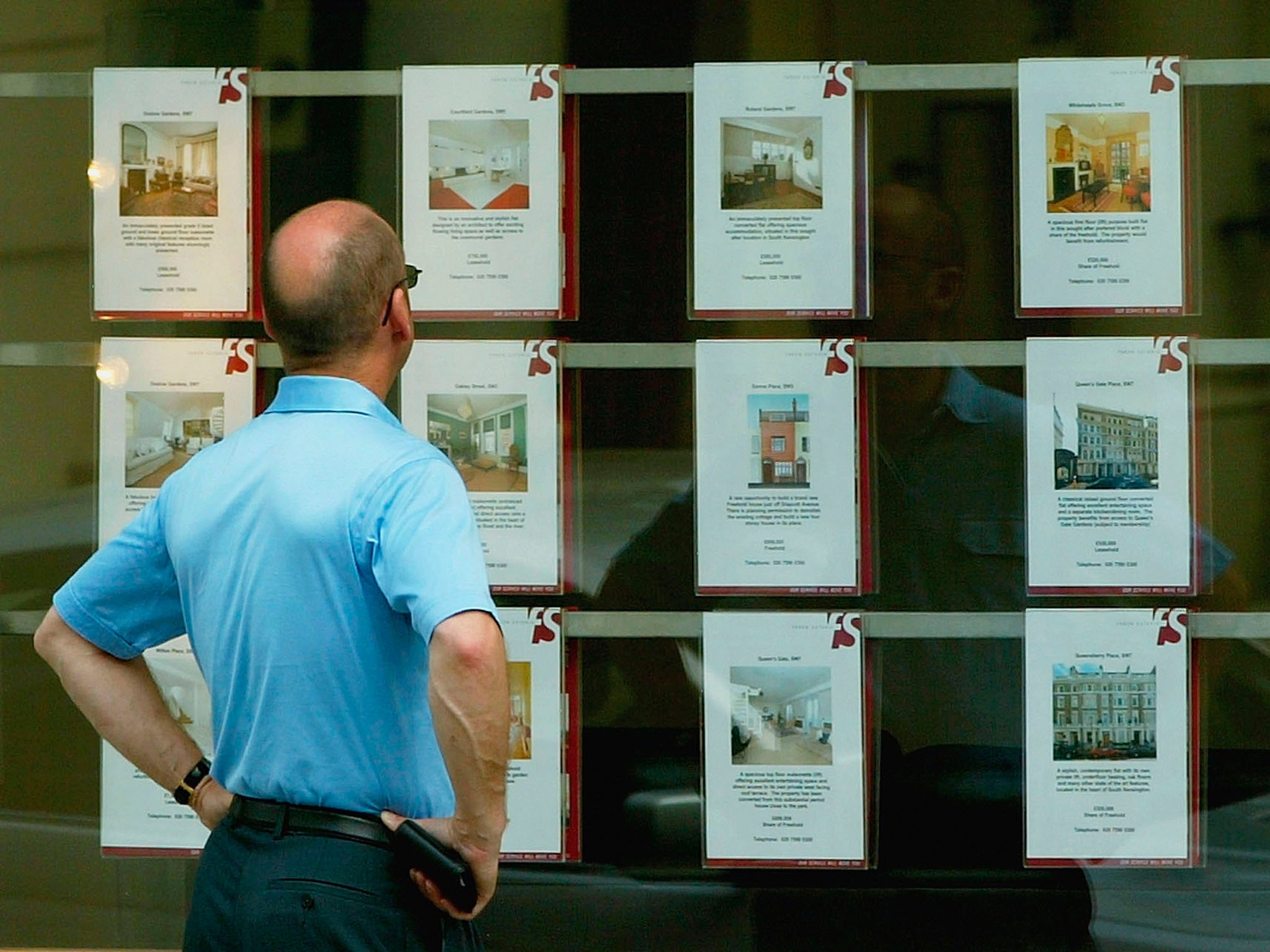Most estate agents 'do not ask sellers to disclose neighbour issues'
Just 40% inquired about issues such as noise complaints or anti-social behaviour

Your support helps us to tell the story
From reproductive rights to climate change to Big Tech, The Independent is on the ground when the story is developing. Whether it's investigating the financials of Elon Musk's pro-Trump PAC or producing our latest documentary, 'The A Word', which shines a light on the American women fighting for reproductive rights, we know how important it is to parse out the facts from the messaging.
At such a critical moment in US history, we need reporters on the ground. Your donation allows us to keep sending journalists to speak to both sides of the story.
The Independent is trusted by Americans across the entire political spectrum. And unlike many other quality news outlets, we choose not to lock Americans out of our reporting and analysis with paywalls. We believe quality journalism should be available to everyone, paid for by those who can afford it.
Your support makes all the difference.Fewer than half of estate agents actively ask sellers about any issues with their neighbours that could then be shared with potential buyers, new research suggests.
Agents are required to report any negative issues that may affect the buying decision under the Consumer Protection from Unfair Trading regulations.
But insurer Churchill found just 40% inquired about issues such as noise complaints or anti-social behaviour.
Once an issue did come to light, sellers were required to drop the asking price by an average of £7,000 in England and Wales and £6,400 in Scotland.
The research further revealed that just one in five estate agents asks sellers if they have had issues with their council and 15% of these would pass this information on to the prospective buyer.
Churchill home insurance head Martin Scott said buyers should ask their agent to disclose as much information as they can about the property, seller and neighbours.
"If an estate agent has been made aware of a nightmare neighbour or previous council disputes, they are obliged to inform the buyer. Withholding such information could see them face a fine of up to £5,000 and/or two years in prison."
National Association of Estate Agents (NAEA) managing director Mark Hayward acknowledged it was down to the estate agent to inform buyers of any problems with neighbours, and suggested using a "reputable agent" to avoid any problems down the line.
He added: "If someone is looking to sell their home and they have had a dispute with a neighbour, they must disclose this as early as they can.
"It is vitally important that if you are buying or selling your home you use a reputable estate agent to ensure the right code of conduct is adhered to and that you receive the correct information."
Churchill has suggested the following five tips to help buyers make a more informed decision:
1. Don't be afraid to ask questions
When you meet the estate agent or seller inquire about issues such as past/ongoing disputes and the neighbourhood.
2. Do your own due diligence
Ensure you visit the property multiple times and different times of the day to get a full picture of the property and the neighbourhood.
3. Research the local area
Talk to neighbours, look at crime statistics and visit the local shops/restaurants to understand more about your new potential home.
4. Floods, pollution and planning
Check out online resources such as the Environment Agency (England and Wales) and the Scottish Environment Protection Agency for information on flooding and environmental information such as pollution. Get in touch with the local planning authority to find out more information about forthcoming developments in the area.
5. Only work with reputable service providers
Check that you can trust your estate agent and solicitors/conveyancers by making sure they are members of a professional organisation or association and have positive online ratings or recommended by friends/family.
PA
Join our commenting forum
Join thought-provoking conversations, follow other Independent readers and see their replies
Comments